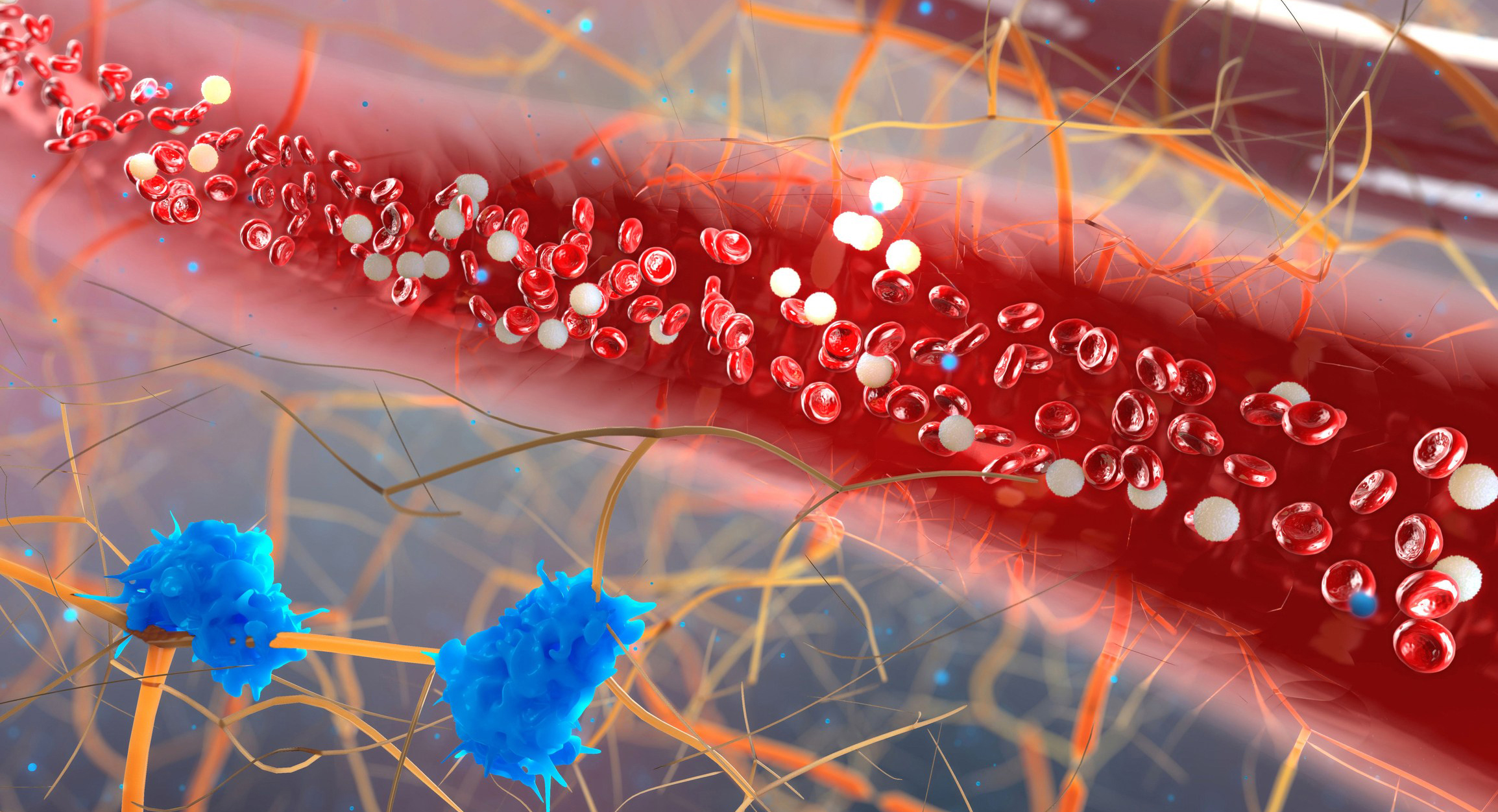
$3.7 Million Grant Targets Peripheral Artery Disease
“Nearly 8 million Americans are living with peripheral artery disease—a number expected to increase with an aging population and rising rates of diabetes and obesity,” says Nancy Brown, chief executive officer of the American Heart Association (AHA). “This is alarming because people with vascular disease, which affects the blood vessels, have a higher risk of heart attack and stroke.”
Recognizing this threat, the AHA awarded a team of scientists at Brigham and Women’s Hospital and Dartmouth-Hitchcock Medical Center a four-year, $3.7 million grant to establish a center to improve outcomes for people with peripheral artery disease (PAD), a severe form of vascular disease.
Led by Marc Bonaca, MD, MPH, the center is focusing on chronic critical limb ischemia (CLI), a complication that can result in limb loss. Researchers are examining the causes of CLI, identifying patients with the greatest likelihood of developing it, and determining treatment strategies to reduce the risk. They are also investigating the complex interplay between PAD and diabetes.
“Funding new breakthroughs through this targeted research program can provide more answers and ultimately help people live longer, stronger lives by identifying vascular disease earlier or preventing it altogether.” —Nancy Brown, chief executive officer of the American Heart Association
“Patients with diabetes are more likely to have issues with microvasculature, or small blood vessels, as well as susceptibility to injury of the feet and immune system impairments that hinder wound healing,” Bonaca says. “When coupled with reduced blood flow from PAD, these factors increase the risk of CLI. Roughly 70,000 lower limb amputations are performed annually as a result.”
Researchers will also explore how socioeconomic factors affect treatment approaches.
“Health disparities and race clearly play a role in the risk of CLI and amputation,” Bonaca says. “To reduce this risk, we must understand and address the effect of these disparities, as well as our systems of care.”
The grant awarded to the Brigham is one of four given to multi-institutional scientific teams nationwide tackling vascular disease. Their work is fueled by the Vascular Disease Research Network, one of several AHA programs devoted to improving cardiovascular health.
“The Vascular Disease Research Network’s efforts are vitally important,” says Brown. “Funding new breakthroughs through this targeted research program can provide more answers and ultimately help people live longer, stronger lives by identifying vascular disease earlier or preventing it altogether.”